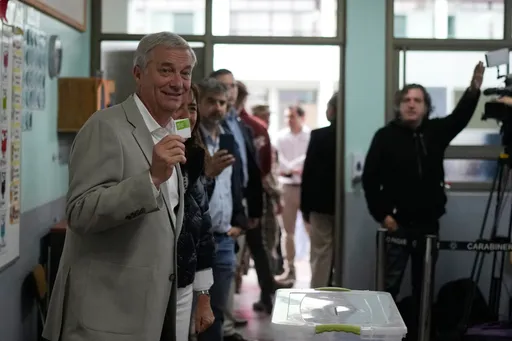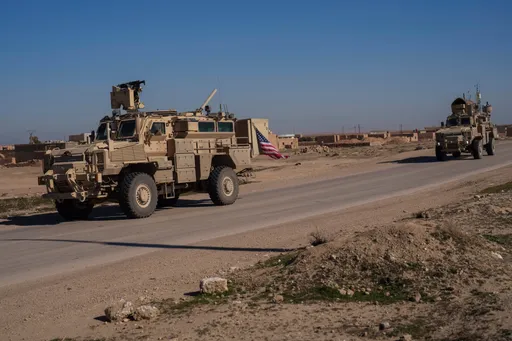Clashes broke out between protesters and police after Ecuadoran President Lenin Moreno declared a "state of emergency" Thursday following demonstrations against rising fuel prices due to the government scrapping subsidies.
Police fired tear gas at protesters who threw stones and fire bombs close to the seat of government in the historic centre of the capital Quito.
Moreno told reporters he had taken the measure "to safeguard the security of citizens and to avoid chaos."
The protests — the largest in a decade — were led by the transport sector but included students and other groups.
They paralyzed public transportation in some areas, while there were clashes between police and demonstrators blocking roads.
Interior Minister Maria Paula Romo said 19 people have been arrested. No figures were available for the number of people injured but some press photographers were hurt during the clashes.
Hike in fuel prices
The demonstrations came in response to increases of up to 120 percent in fuel prices, which came into force on Thursday after the government eliminated subsidies as part of an agreement with the International Monetary Fund to obtain loans despite its high public debt.
A gallon of diesel rose from $1.03 to $2.30 while regular gasoline increased from $1.85 to $2.40. The price of premium gasoline was already hiked a year ago.
The subsidies were costing the government $1.3 billion a year.
The IMF agreement, signed in March, allowed Ecuador to borrow $4.2 billion.
Moreno blames the deterioration in Ecuador's finances on his predecessor, Rafael Correa, who has sought asylum in Belgium.
He is wanted back home on suspicion of kidnapping a political opponent in 2012 during his 10-year presidency.
The emergency measure allows the government to restrict movement, to employ the armed forces to maintain order and to censor the press.
It will be in place for 60 days, after which it can be extended for a further 30 days, the government said.
School classes were suspended on Thursday while buses and taxis stopped operating in Quito and other large cities.
Unions and indigenous organizations are also planning protests.
Moreno said he wouldn't allow protesters to "impose chaos," and also called for an end to "acts of vandalism and acts of violence."
Between 1996 and 2007, mass street protests forced the resignation of three presidents — a turbulent period in which Ecuador had a total of seven holders of its highest office.
























